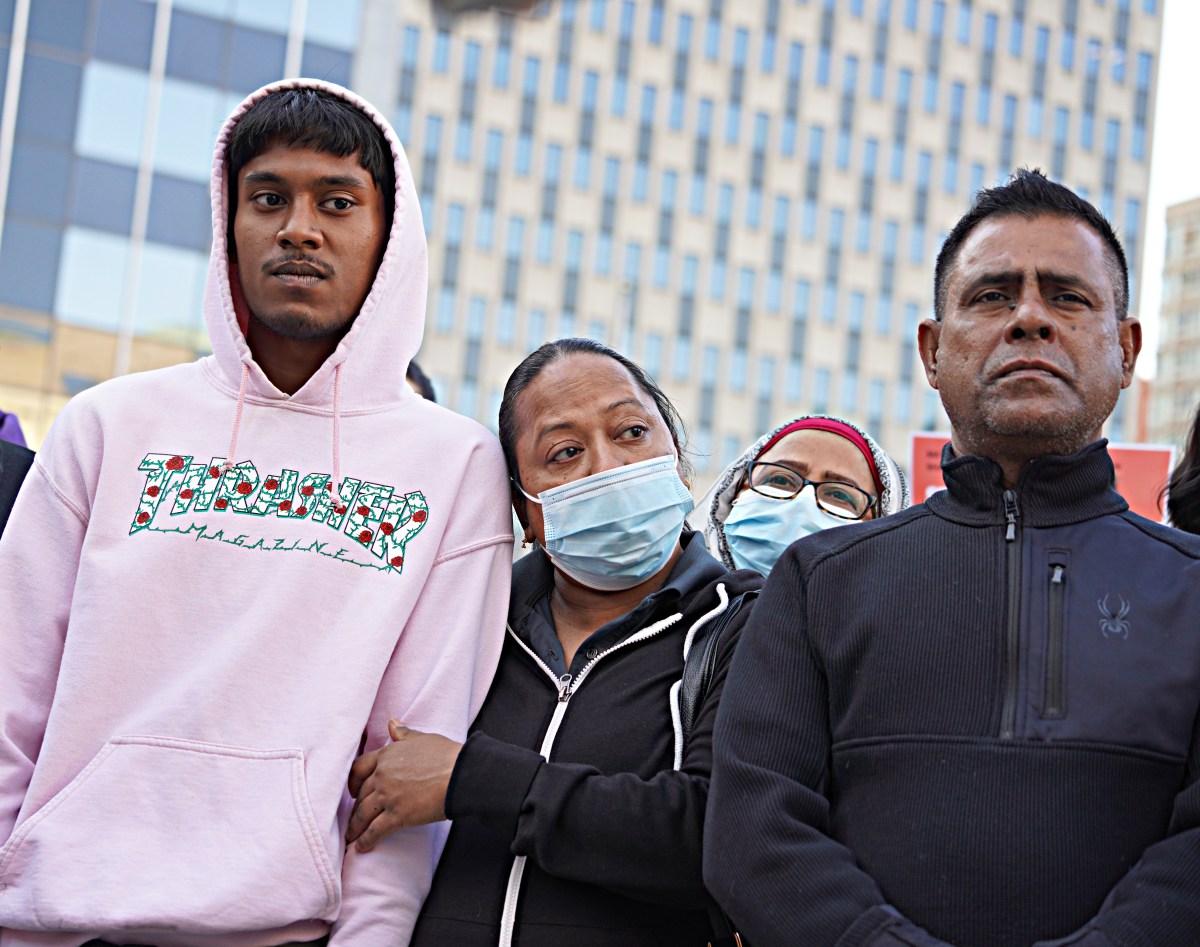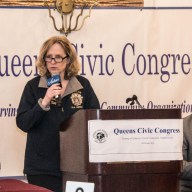BY KATY GAGNON
City Councilman Tony Avella (D-Bayside) wants to cut pork spending and has unveiled recommendations on how the city should do so.
The three-term councilman, running for mayor this year, revealed his plan to end the use of discretionary funding by the City Council Monday.
Under Avella's recommendations, any group receiving $50,000 or more in city funds must be listed on a separate line in the budget. This way, Avella claims, money awarded to such groups can be properly monitored.
“City government must restore New Yorkers' faith in the system,” Avella said in a news release. “It is time to end the slush fund! It is time to end the wasteful pork!”
For organizations given smaller grants, the money would be distributed as part of special funding initiatives listed in the city's budget instead of through the Council.
For example, money granted to a neighborhood Little League program would come from the budget of a city Parks Department Local Sports Initiative. Funds needed to enhance a senior citizen center could come from an initiative for the city Department for the Aging.
The funding for such initiatives would be distributed evenly among the council districts.
In order to disperse the smaller funds, Avella recommends the creation of a new grant review process, which would include approval from the respective initiative agency, council member and community board.
Avella proposes other measures of budget reform, including changes that will allow the mayor to veto a budget line item and permit City Council members to vote against certain budget items.
“This would provide necessary checks and balances to the budget process,” he said.
The plan also calls for the elimination of the $35,000 minimum requirement for budget requests and will allow organizations to use their funds after the initial fiscal year.
When it was revealed in April the office of City Council Speaker Christine Quinn (D-Manhattan) reserved $4.7 million of Council funds by allocating the money to phantom organizations, Avella called the practice “extremely unethical, if not criminal” and called on state Attorney General Anthony Cuomo to investigate the matter.
Quinn said she was unaware of her staff's actions and condemned the practice. She maintained, however, that the process of allocating money to fake community groups as a way to hold the funds for future use has been going on since “at least 2001.”
Avella said he did not believe Quinn did not know what her staff was doing, but instead “turned a blind eye” to it.




























